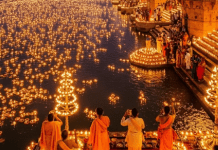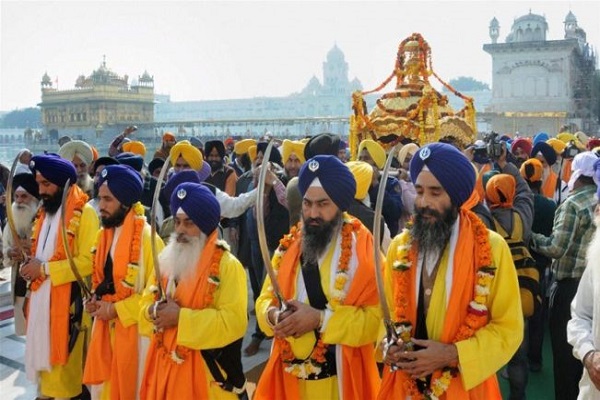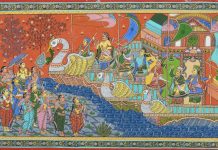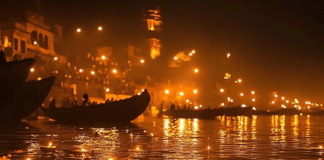Celebrating Hari Raya Idul Fitri in Jakarta: Embracing Traditions and Unity
Eid al-Fitr, known as Lebaran Idul Fitri or Hari Raya Idul Fitri, in Indonesia, stands as one of the most anticipated religious festivities in the archipelago, marking the culmination of Ramadan’s holy month. This celebration is especially vibrant in Jakarta, Indonesia’s bustling capital, where millions of Muslims partake in the festivities with immense zeal and fervor. This article is all about the rich traditions and communal celebrations of Lebaran Idul Fitri in Jakarta, highlighting how it’s observed in the city.
Understanding Hari Raya Idul Fitri
Eid al-Fitr signifies the conclusion of Ramadan, a period dedicated to fasting, prayer, and introspection. The festival, spanning three days, begins with the dawn of Shawwal and is characterized by communal prayers, feasting, and the spirit of generosity. “Eid” signifies “celebration” in Arabic, and “Fitr” translates to “breaking the fast,” encapsulating the essence of this festive time.
Preparations for Eid al-Fitr
The lead-up to Hari Raya sees Jakarta’s residents engaging in thorough home cleanings, purchasing new attire, and preparing festive meals. Shopping becomes a pivotal aspect of these preparations, with markets like Tanah Abang and Pasar Baru becoming hubs for those seeking clothing and gifts.
The Essence of Zakat Fitrah
Zakat Fitrah, a charitable giving mandated for those who are financially able, is a profound practice during Ramadan, peaking on the third day of Eid. This act of charity is aimed at ensuring all community members can partake in the Eid celebration, symbolizing purification and social solidarity.
The Takbiran Night Experience
The eve of Eid al-Fitr in Jakarta is electrified by Takbiran, a communal recitation of “Allahu Akbar” (God is Great) in mosques and open spaces, creating a resonant and festive atmosphere city-wide. This night is a significant prelude to Eid, filled with gratitude and communal spirit.
Day One of Eid al-Fitr
The first day of Idul Fitri is a public holiday in Jakarta, where the day starts with special prayers and extends into gatherings with family and friends. Traditional dishes like ketupat and opor ayam become the centerpiece of meals, embodying the festivity’s flavors.
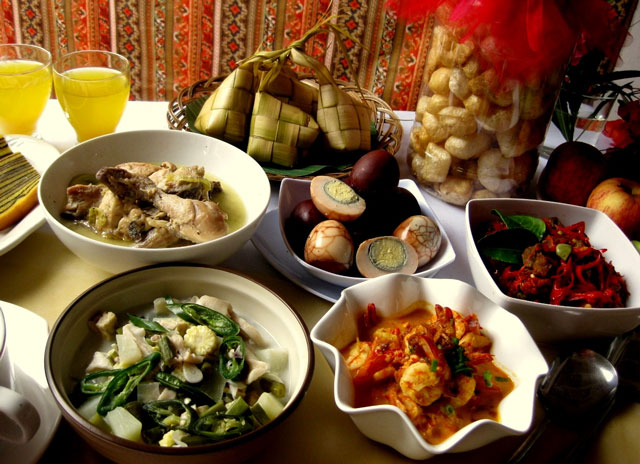
Open House Tradition
An open house during Eid is a testament to Indonesian hospitality, where homes are open to visitors, offering an array of traditional foods and sweets. This practice not only fosters community bonds but also reflects the inclusive nature of the celebration.
Mudik: The Homecoming
Mudik, the tradition of returning to one’s hometown for Eid, underscores the importance of familial bonds and cultural roots. Despite logistical challenges, it remains a cherished practice, embodying the spirit of reunion and communal joy.
Day Two of Eid al-Fitr: The Celebration Continues
Eid al-Fitr’s second day in Jakarta is a vibrant extension of the festive season, embracing a mix of religious devotion and cultural festivities that highlight the holiday’s essence of joy and community.
A standout feature of this day is the ongoing tradition of Takbiran, where the city’s Muslims unite in mosques and public spaces to vocalize “Allahu Akbar” (God is Greatest), a chant that echoes gratitude and reverence towards divine blessings. This spiritual chorus, often set against a backdrop of traditional music, embodies a profound sense of faith and solidarity within the Muslim community.
Moreover, the spirit of sharing and connection is further enriched through the exchange of gifts and heartfelt visits among friends and family. It’s a time when Jakarta’s residents warmly open their doors to one another, sharing tokens of appreciation and culinary delights. This practice not only deepens bonds among loved ones but also fortifies the ties that knit the community together, making the second day of Eid al-Fitr a meaningful celebration of togetherness and thanksgiving in Jakarta’s vibrant tapestry.
Day Three of Eid al-Fitr: A Day of Forgiveness and Generosity
The third day of Eid al-Fitr, known locally as “Hari Raya Lebaran Ketiga,” signifies the conclusion of the holiday festivities in Indonesia. It’s a day when Jakarta’s residents gradually return to their everyday lives, carrying forward the spirit of the celebration. This day is deeply rooted in the traditions of seeking forgiveness, known as “mohon maaf lahir dan batin,” where individuals ask for pardon for any transgressions, aiming to start anew with a clean slate and strengthened relationships.
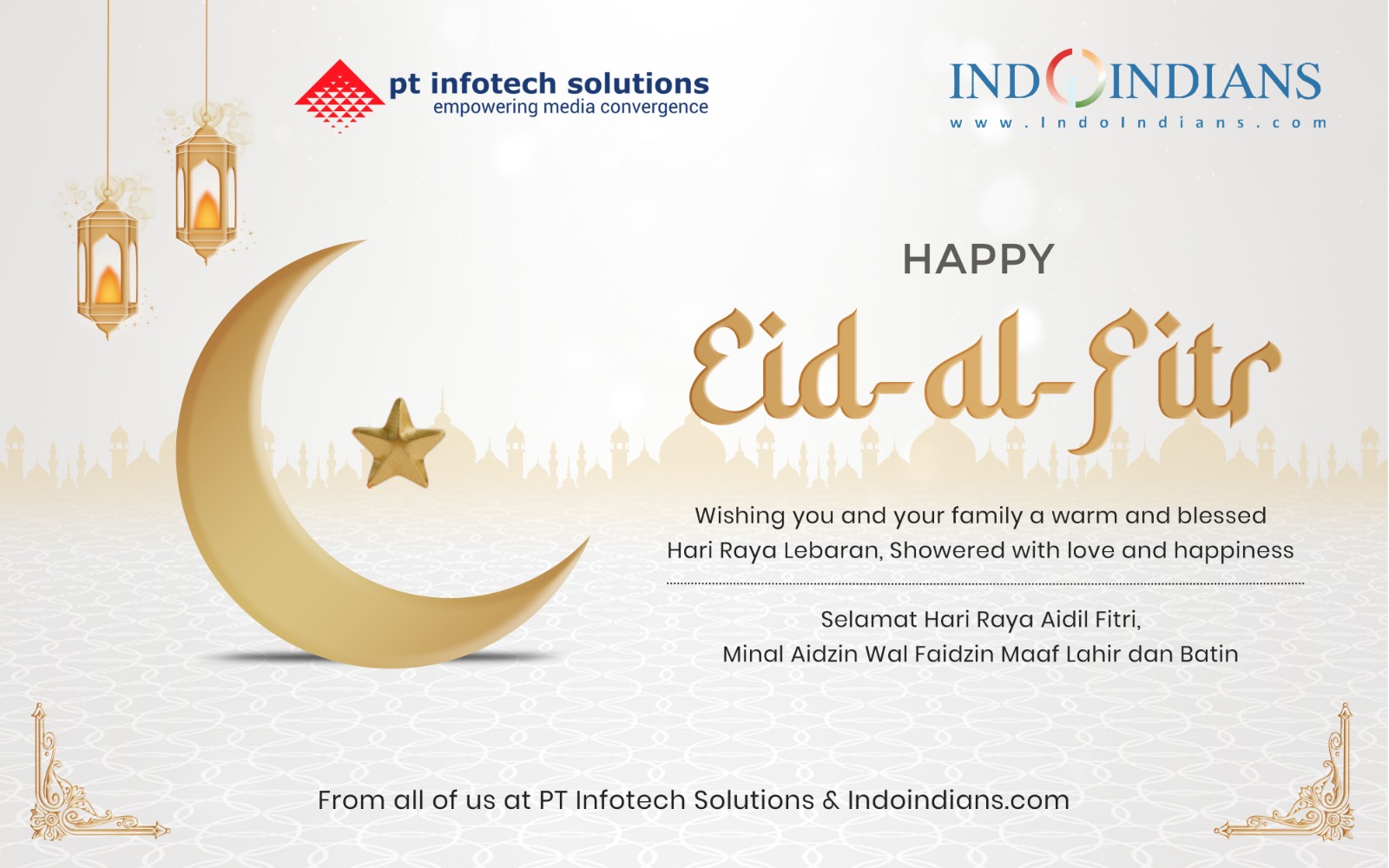
Another cherished practice is the giving of “amplop” – envelopes filled with money, to the younger members of the family. This gesture, termed “uang lebaran” or “duit lebaran,” extends blessings and good wishes from the elders, symbolizing love and goodwill.
Moreover, the day is also marked by acts of charity, or “zakat fitrah,” where people donate money or goods to support those in need, embodying the values of compassion and communal support.
In essence, the third day of Eid al-Fitr in Jakarta underscores the themes of reflection, forgiveness, and the importance of community and spiritual wellness, marking a graceful end to the holiday’s observances.
Hari Raya Idul Fitri Jakarta is a vibrant testament to Indonesia’s cultural diversity and Islamic heritage. It’s a time when the capital transforms into a mosaic of festivity, unity, and shared joy. Despite modern challenges, the spirit of Eid al-Fitr remains unshaken, continuing to unite the city’s residents in celebration and contemplation. As we observe these traditions, we’re reminded of the enduring values of faith, family, and community.



